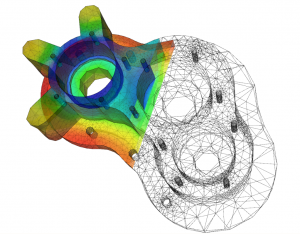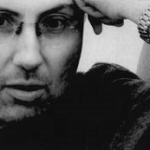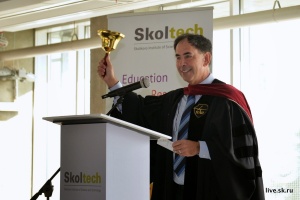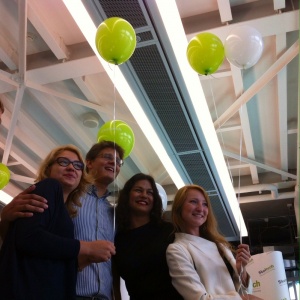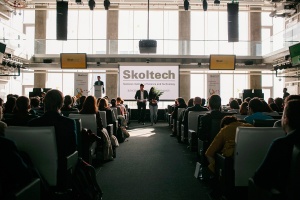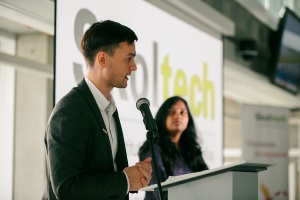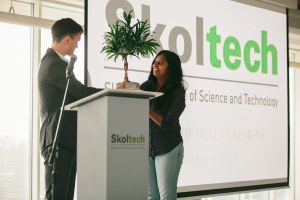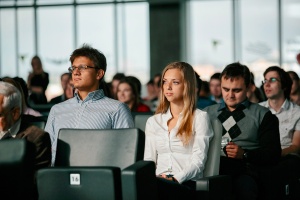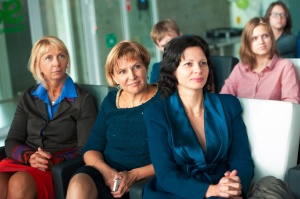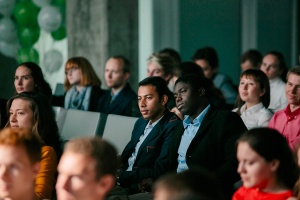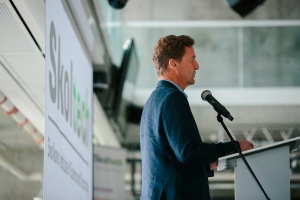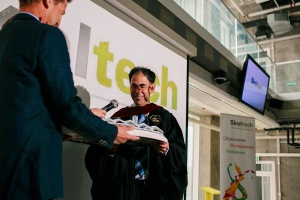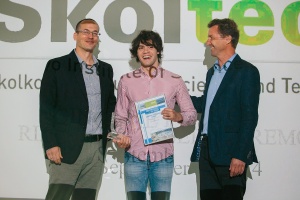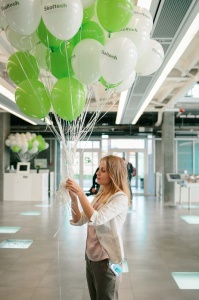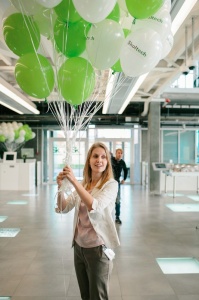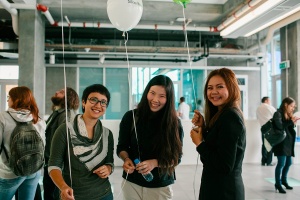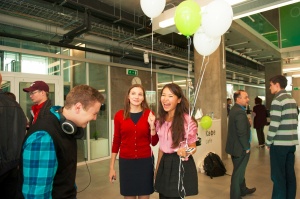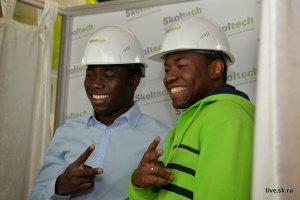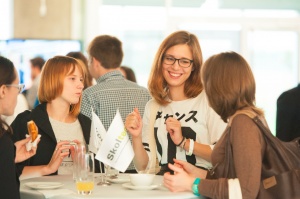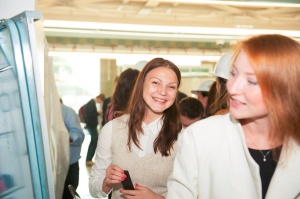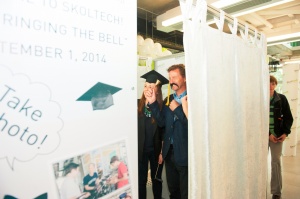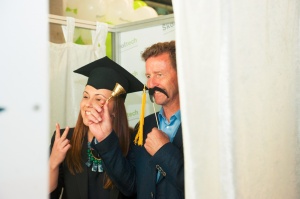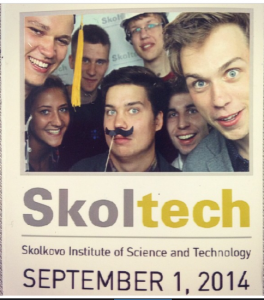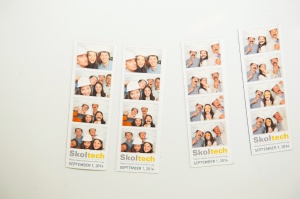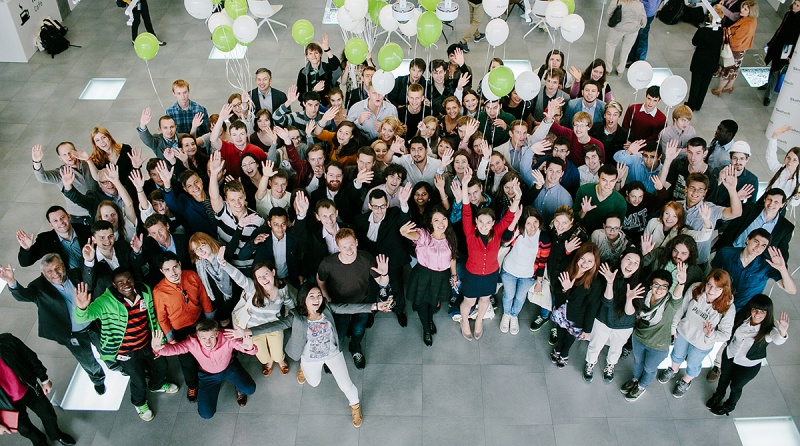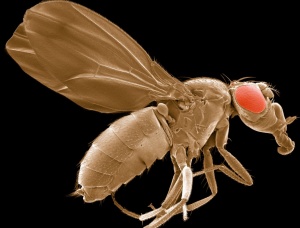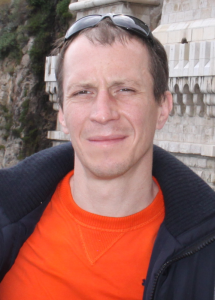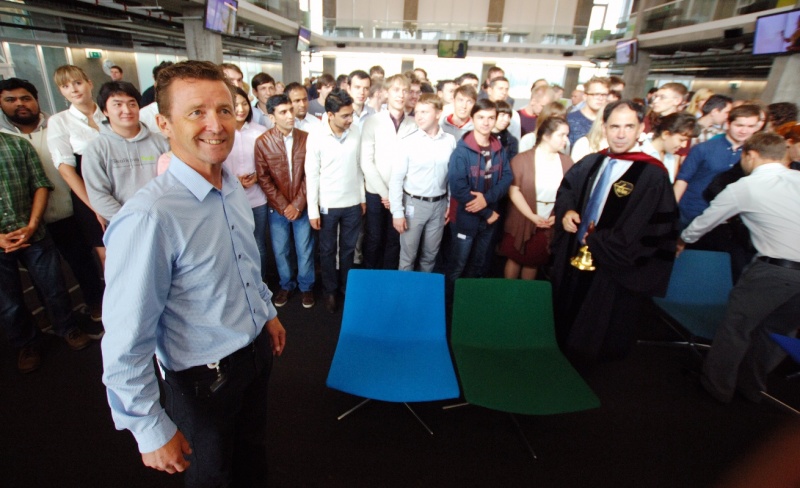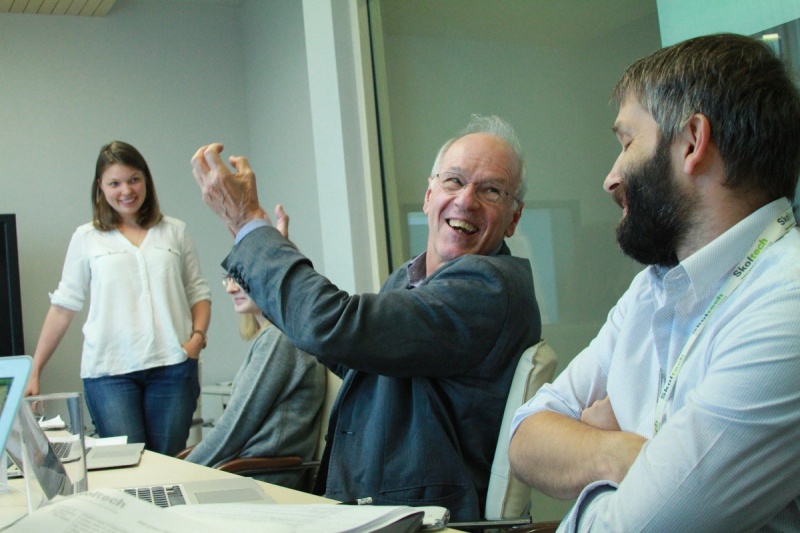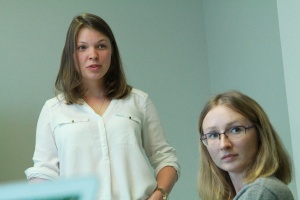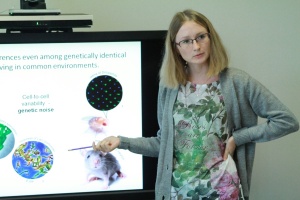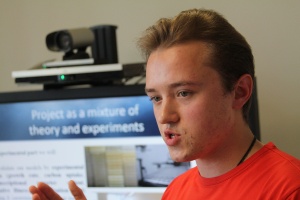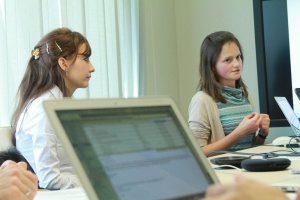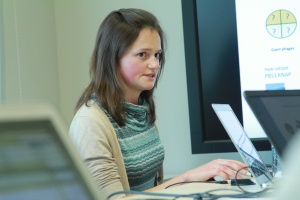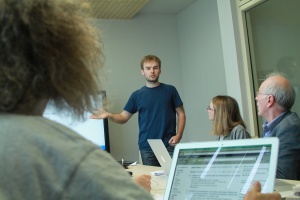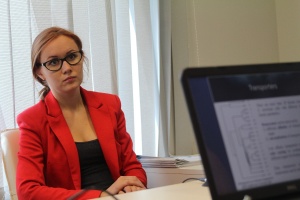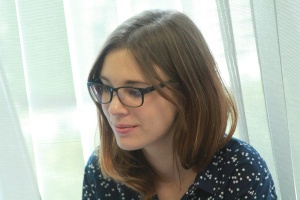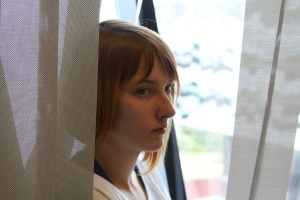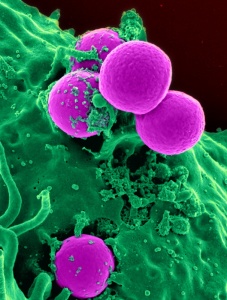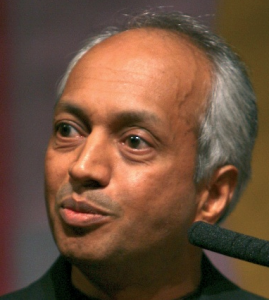Skoltech is proud to announce it will host the Second Federated Satellite Systems Workshop on October 13-15, 2014. The workshop is a joint initiative of Skoltech (the Skolkovo Institute of Science and Technology), Cornell University and MIT and will be held for the first time in Moscow. The event will take place under the auspices of the EU – Russia Year of Science 2014, with participants from the US, Europe, Japan and Russia. A keynote speech will be delivered by Mr. Michael Schmidt, the Head of the Studies and Special Projects Division at the European Space Agency (ESA ESOC).
Led by Skoltech professor Alessandro Golkar and organized by the university’s Strategic Innovations Research Group and the Space Center for Innovation and Research, this workshop will broaden the FSS research community by opening this cross-cutting problem to experts on all related domains and strengthening the links with researchers on similar topics worldwide. The workshop aims to forge links to create a multidisciplinary and international research community that will follow novel approaches to innovate the way in which spacecraft missions are conceived, designed, implemented, and operated. It is through this process that we will create transformational new space science and technology.
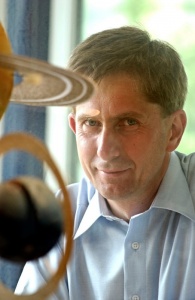
Mr. Michael Schmidt, Head of the Studies and Special Projects Division at the European Space Agency (ESA ESOC) – Keynote Speaker at the FSS Workshop
Federated satellite systems have recently been proposed as open satellite constellation concepts for opportunistic sharing of data relay, processing power and on board storage services. FSS architectures operate by exploiting unused telecommunications and processing capacity available in participating spacecraft at any given time. Related topics of interest include, among others:
- Heterogeneous spacecraft networks
- Distributed space systems,
- Distributed decision making and spacecraft cooperation
- Satellite Distributed processing
- Inter-satellite-link payloads
- Optical space communications
- Small satellite distributed and collaborative networks
- Space communication protocols development and standardization
- Free-space wireless power transmission
- Fractionated spacecraft,
- Plug and play space hardware
- Emerging space network concepts. Space internet.
- Cloud computing concept transfer
- Resource management under uncertainty and network scheduling
- Advanced space system concepts and architectures
- Business case studies based on space infrastructures
For more information, please contact the FSS Workshop Organizing Committee at
* The Skolkovo Institute of Science and Technology (Skoltech) is a private graduate research university in Skolkovo, Russia, a suburb of Moscow. Established in 2011 in collaboration with MIT, Skoltech educates global leaders in innovation, advance scientific knowledge, and foster new technologies to address critical issues facing Russia and the world. Applying international research and educational models, the university integrates the best Russian scientific traditions with twenty-first century entrepreneurship and innovation.

